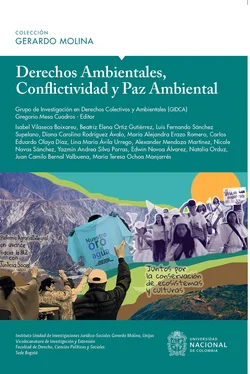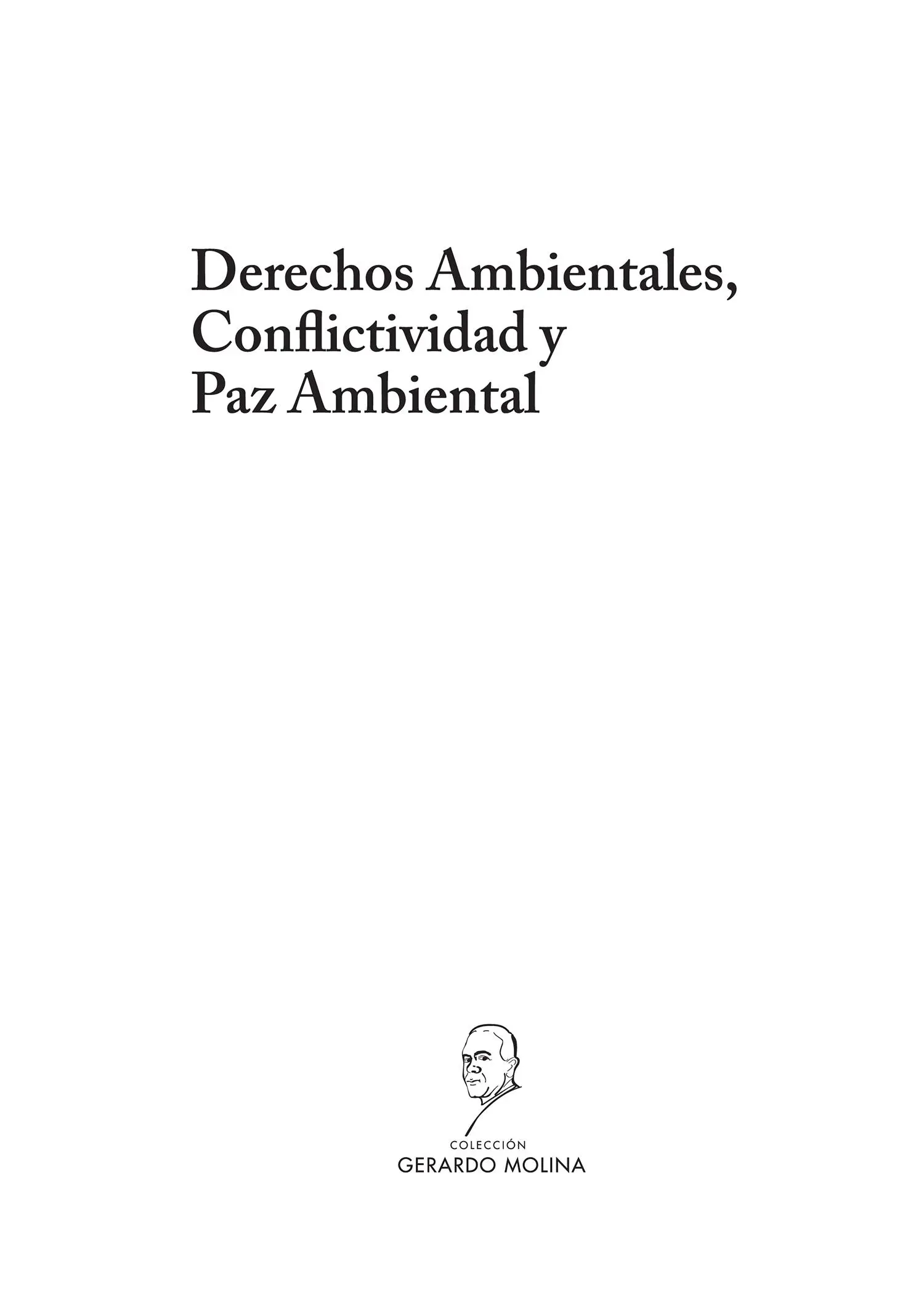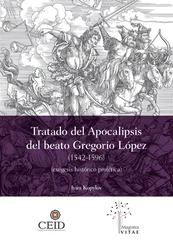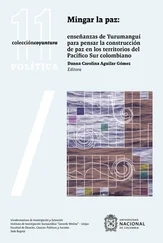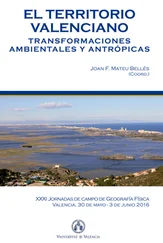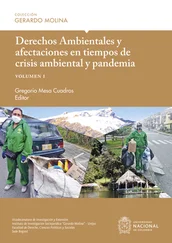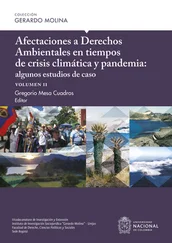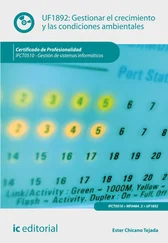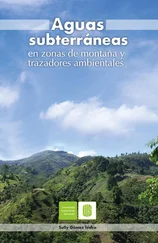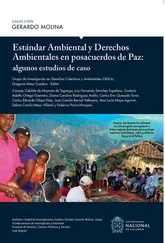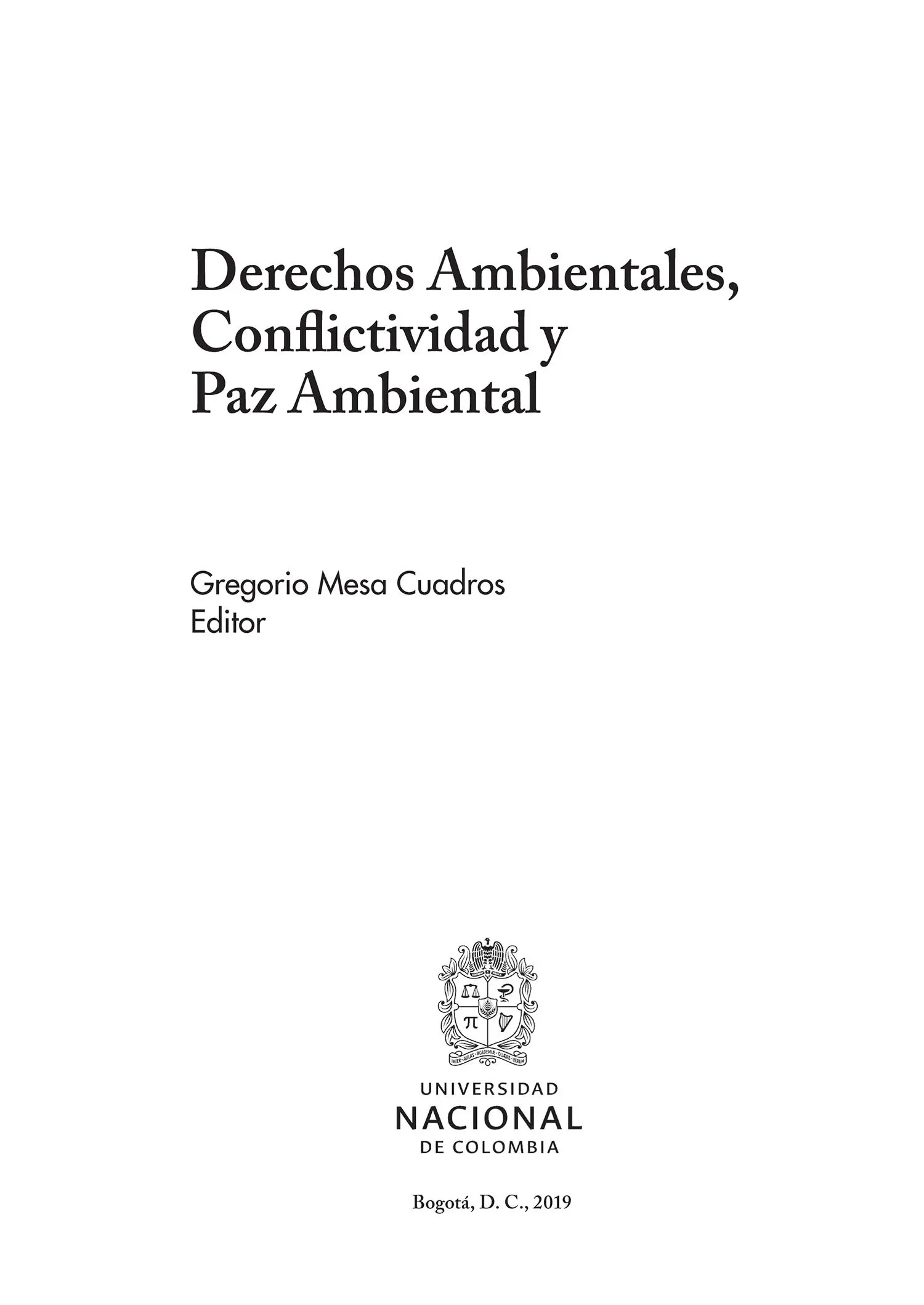
CATALOGACIÓN EN LA PUBLICACIÓN UNIVERSIDAD NACIONAL DE COLOMBIA
Derechos Ambientales, Conflictividad y Paz Ambiental / Gregorio Mesa Cuadros, editor. – Primera edición. – Bogotá : Universidad Nacional de Colombia. Facultad de Derecho, Ciencias Políticas y Sociales. Instituto Unidad de Investigaciones Jurídico Sociales Gerardo Molina (UNIJUS), 2019.
386 páginas : ilustraciones (algunas a color), diagramas, mapas. – (Colección Gerardo Molina ; 77)
Incluye referencias bibliográficas al final de cada capítulo e índice analítico ISBN 978-958-783-781-0 (rústica). – ISBN 978-958-783-782-7 (e-book). – ISBN 978-958-783-783-4 (impresión bajo demanda).
1. Derecho ambiental 2. Gestión de crisis 3. Desarrollo sostenible 4. Protección del medio ambiente 5. Extractivismo 6. Teoría crítica 7. Desarrollo rural 8. Investigación ambiental 9. Política ambiental – América Central 10. Política ambiental – Colombia I. Mesa Cuadros, Gregorio, 1961-, editor II. Serie
CDD-23 344.046 / 2019
Derechos Ambientales, Conflictividad y Paz Ambiental Colección Gerardo Molina
© Universidad Nacional de Colombia – Sede Bogotá Facultad de Derecho, Ciencias Políticas y Sociales
© Gregorio Mesa Cuadros, editor, 2019
© Gregorio Mesa Cuadros, Isabel Vilaseca Boixareu, Beatriz Elena Ortiz Gutiérrez, Luis Fernando Sánchez Supelano, Diana Carolina Rodríguez Ávalo, María Alejandra Erazo Romero, Carlos Eduardo Olaya Díaz, Lina María Ávila Urrego, Alexander Mendoza Martínez, Nicole Navas Sánchez, Yazmín Andrea Silva Porras, Edwin Novoa Álvarez, Natalia Orduz, Juan Camilo Bernal Valbuena, María Teresa Ochoa Manjarrés, autores, 2019
Primera edición, 2019
ISBN (papel): 978-958-783-78I-O
ISBN (digital): 978-958-783-782-7
ISBN (IBD): 978-958-783-783-4
Comité de Publicaciones
André-Noël Roth Deubel
Vicedecano de Investigación y Extensión y director del Instituto Unidad de Investigaciones Jurídico-Sociales Gerardo Molina, Unijus
Carolina Jiménez Martín
Directora del Departamento de Ciencia Política
Jorge Enrique Carvajal
Director del Departamento de Derecho
Bernd Marquardt
Director de la revista Pensamiento Jurídico
Silvia Cristina Mantilla Valbuena
Directora de la revista Ciencia Política
Este libro resultado de investigación, evaluado por dos pares académicos con titulo de doctorado y ajenos a la Universidad Nacional de Colombia, fue producido por el Grupo de Investigación en Derechos Colectivos y Ambientales (GIDCA), cuyo director es el profesor Gregorio Mesa Cuadros.
Preparación editorial
Instituto Unidad de Investigaciones Jurídico-Sociales Gerardo Molina, Unijus
http://derecho.bogota.unal.edu.co/publicaciones/
insisjpg_bog@unal.edu.co
(57+1) 3165000, exts. 29264 y 29266
Diagonal 40 A bis n.° 15-38, Complejo Casa Gaitán
Juan Sebastián Solano
Coordinador editorial
Ángela María Herrera Castillo
Coordinadora académica
Paula Alejandra Enciso Bautista
Coordinadora administrativa
Melissa Ruano Chacón
Diseñadora gráfica
Diseño original de la Colección Gerardo Molina
Diego Mesa Quintero
Corrección de estilo
Rosa González Moreno
Ricardo Antonio Camacho Gil
Imagen de portada
Fabio Alexander Jiménez y GIDCA
Conversión a ePub
Mákina Editorial
https://makinaeditorial.com/
Prohibida la reproducción total o parcial
por cualquier medio sin la autorización
del titular de los derechos patrimoniales.
CONTENIDO
Lista de tablas
Lista de figuras
Lista de siglas y acrónimos LISTA DE SIGLAS Y ACRÓNIMOS AEI: artefactos explosivos improvisados ANLA: Autoridad Nacional de Licencias Ambientales AMEA: áreas de actividad minera en estado de abandono Cepal: Comisión Económica para América Latina y el Caribe CAR: Corporación Autónoma Regional CNR: Comisión Nacional de Reconciliación DAA: diagnóstico ambiental de alternativas DEA: declaración de efecto ambiental DIGARN: Dirección General de Gestión Ambiental y Recursos Naturales EIA: evaluación de impacto ambiental FARC-EP: Fuerzas Armadas Revolucionarias de Colombia-Ejército del Pueblo FMLN: Frente Farabundo Martí para la Liberación Nacional IAP: impacto ambiental potencial MADS: Ministerio de Ambiente y Desarrollo Sostenible MARN: Ministerio de Ambiente y Recursos Naturales MAP: minas antipersonal Marena: Ministerio del Ambiente y los Recursos Naturales (Nicaragua) MUSE: munición sin explotar NOEI: Nuevo Orden Económico Internacional PAH: pasivos ambientales huérfanos PND: plan nacional de desarrollo REG: restos explosivos de guerra RRI: reforma rural integral SIVJRNR: Sistema Integral de Verdad, Justicia, Reparación y No Repetición TCCN: territorios colectivos de comunidades negras UAF: unidad agrícola familiar Zidres: zonas de interés de desarrollo rural, económico y social ZRC: zonas de reserva campesina.
Presentación
CAPÍTULO 1
Some Debates in Environmental Conflict and Environmental Rights in Latin America and Colombia
Gregorio Mesa Cuadros
The environmental conflict THE ENVIRONMENTAL CONFLICT In this section, we will develop our approach from two positions. First, the inadequate conceptualization of environmental problems and conflicts and an analysis of their main causes and consequences to overcome the deficit of conceptualization and foundation of this conflict and; second, the formulation of a practical theoretical proposal from a systemic, comprehensive and global political point of view, that is, environmental in a strict sense.
Some theories about rights, beyond liberalism SOME THEORIES ABOUT RIGHTS, BEYOND LIBERALISM In this second part of this text, we will dialogue about the concept and the basis to justify the need to formulate a new theory of rights that seeks to overcome the deficiency of materialization and effective protection of the same, subject that will be approached from our theory on environmental rights and environmental justice.
Conclusions CONCLUSIONS Usually, the people that don’t have rights tend to fight for them and in the last decades the main demands have been about the right of water access, the right of preserving nature, rights for the land, clean air and natural forestry. Similarly, the protection of the natural and cultural diversity is the most important reason that indigenous peoples, Afro-Colombian peoples, peasant or poor farmers and other rural and urban communities demand rights from the government and the judicial system, especially because their great contribution to the conservation the forest, clean water, seeds and wildlife in general. In addition, we cannot forget that natural forests still exist because there are cultures that continue to inhabit them from special rules of use and access to nature, based on a strong environmental standard oriented more in the limits than in authorizations. This is one of the main reasons why the rights of indigenous and tribal peoples were affected by environmental degradation resulting from extraction activities, biopiracy and the forced displacement of their traditional lands. Finally, if we add to the destruction generated by drug trafficking, illegal crops, trafficking of species and weapons in a country of prolonged civil war such as Colombia, the pollution produced by national and transnational companies with their big projects, works or activities, environmental law must be implemented immediately in order to salvage what we have left. This is a main problem because this situation impacts the rights from the traditional peoples and communities and hence to all the population in the country. We all need water, soil, clean air, and natural forest in well conditions for a healthy life and equality for all.
Читать дальше
